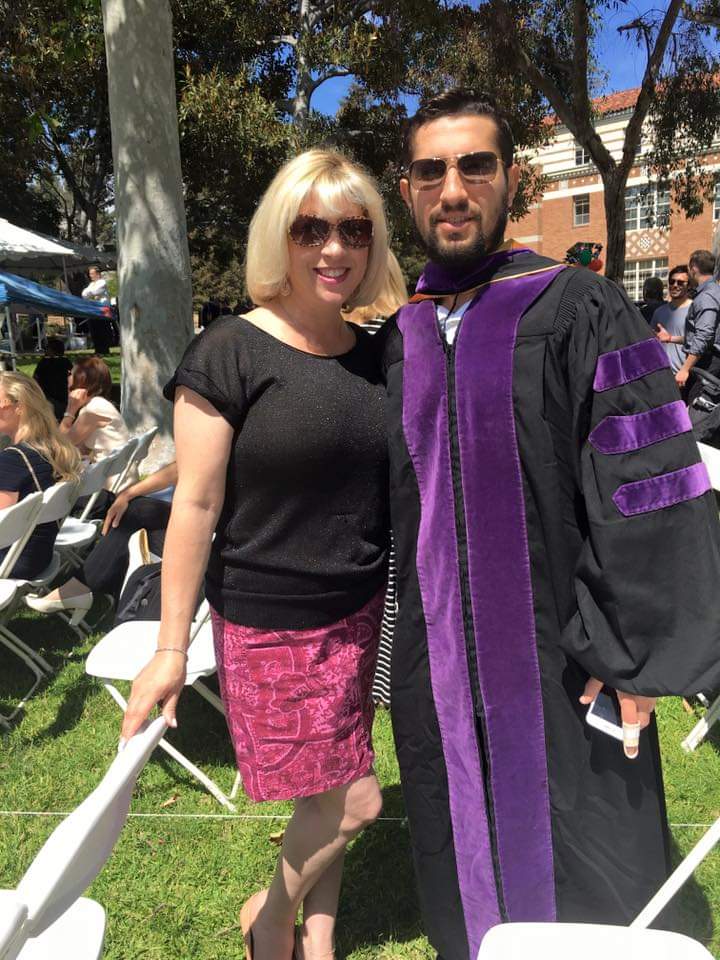
The Art of Compassion: Dr. Papa’s Musings on Humanizing Healthcare
Dr Lauren Papa, a luminary in the field of medicine, has cultivated a unique perspective that transcends the clinical confines of healthcare. At the heart of her medical musings lies a profound recognition of the human experience within the realm of medicine—a narrative that extends beyond diagnostic tools and treatment plans. Dr. Papa delves into the stories of resilience, the triumphs over adversity, and the transformative power of human connection.
In her reflections, Dr. Papa contemplates the evolving landscape of healthcare and underscores the imperative to humanize medicine. She advocates for a shift in perspective, urging healthcare practitioners to view patients not merely as cases but as individuals with unique histories, emotions, and aspirations. By placing emphasis on the human element, Dr. Papa elevates the practice of medicine from a science to an art of compassionate care.
A central theme that emerges in Dr. Papa’s musings is the dynamic nature of the doctor-patient relationship. She recognizes the reciprocity of trust and underscores the power of open communication in fostering a collaborative approach to healthcare. Dr. Papa invites patients into the decision-making process, aiming to empower individuals to actively participate in their own well-being. This collaborative model not only enhances patient satisfaction but also leads to more informed and personalized healthcare outcomes.
Beyond the confines of the clinic, Dr. Papa’s reflections extend to the broader social and cultural aspects of health. She contemplates the existing disparities in healthcare access, recognizing the systemic challenges that hinder equal opportunities for all. Dr Lauren Papa becomes a voice for change, advocating for initiatives that bridge these gaps and ensure that every individual, regardless of background, can benefit from quality medical care.
Dr. Papa’s musings serve as a poignant call to action within the medical community. She challenges practitioners to go beyond the routine of diagnosis and treatment and actively engage in addressing systemic issues that contribute to healthcare disparities. By doing so, she envisions a future where equitable access to healthcare is not just an aspiration but a reality.
In conclusion, Dr Lauren Papa unique perspective on humanizing healthcare is a testament to the transformative potential of compassion in medicine. Through her musings, she invites both practitioners and society at large to reevaluate the essence of healthcare, emphasizing the importance of understanding and embracing the narratives that unfold within the walls of clinics. As we navigate the complex landscape of healthcare, Dr. Papa’s wisdom serves as a guiding light, reminding us that at its core, medicine is an art woven with the threads of empathy, understanding, and profound human connection.